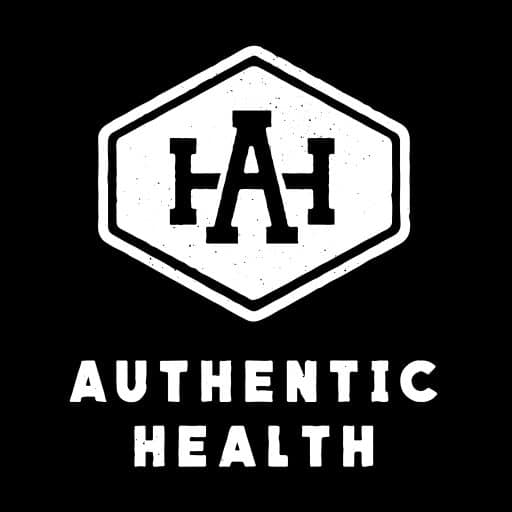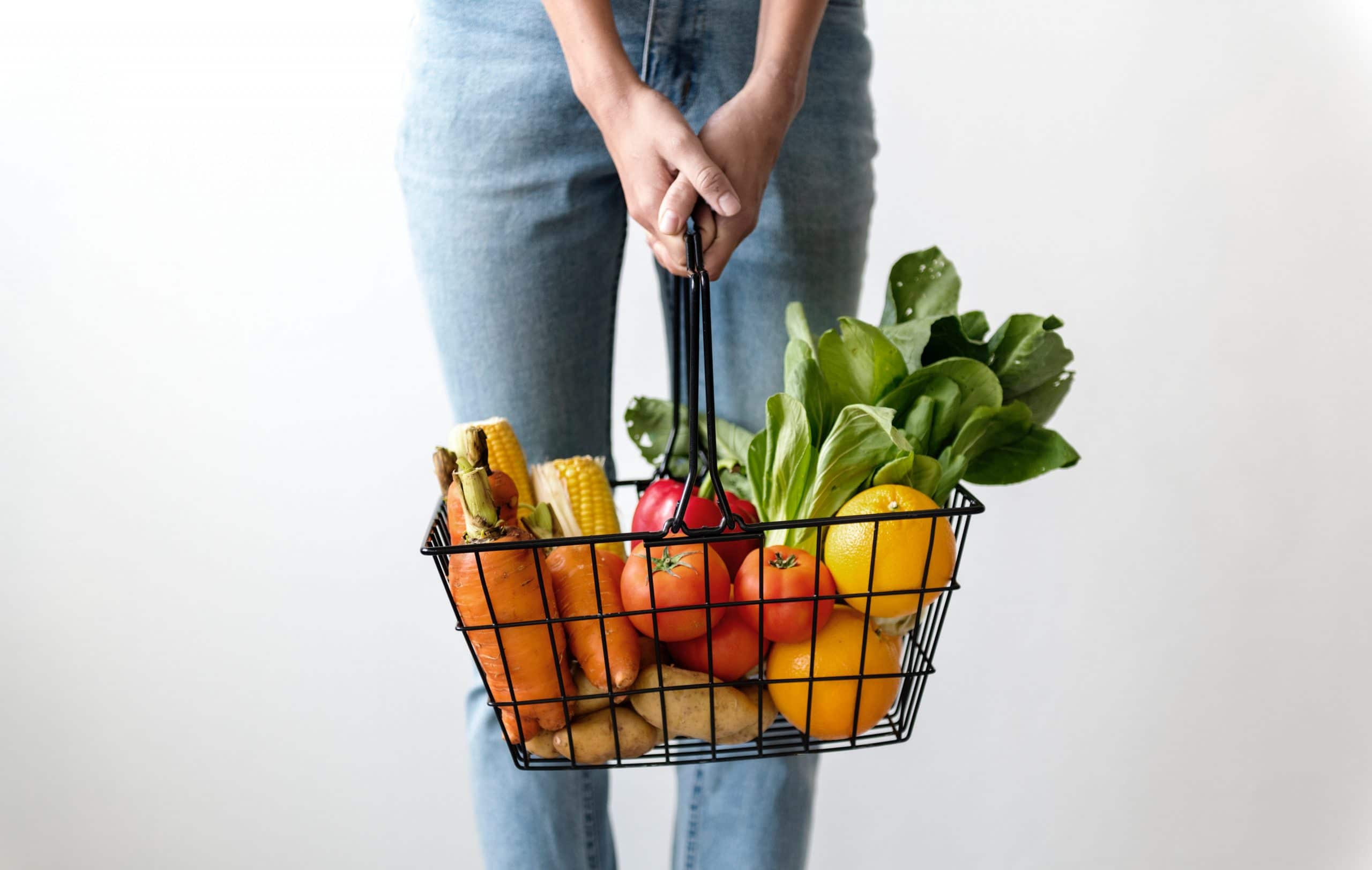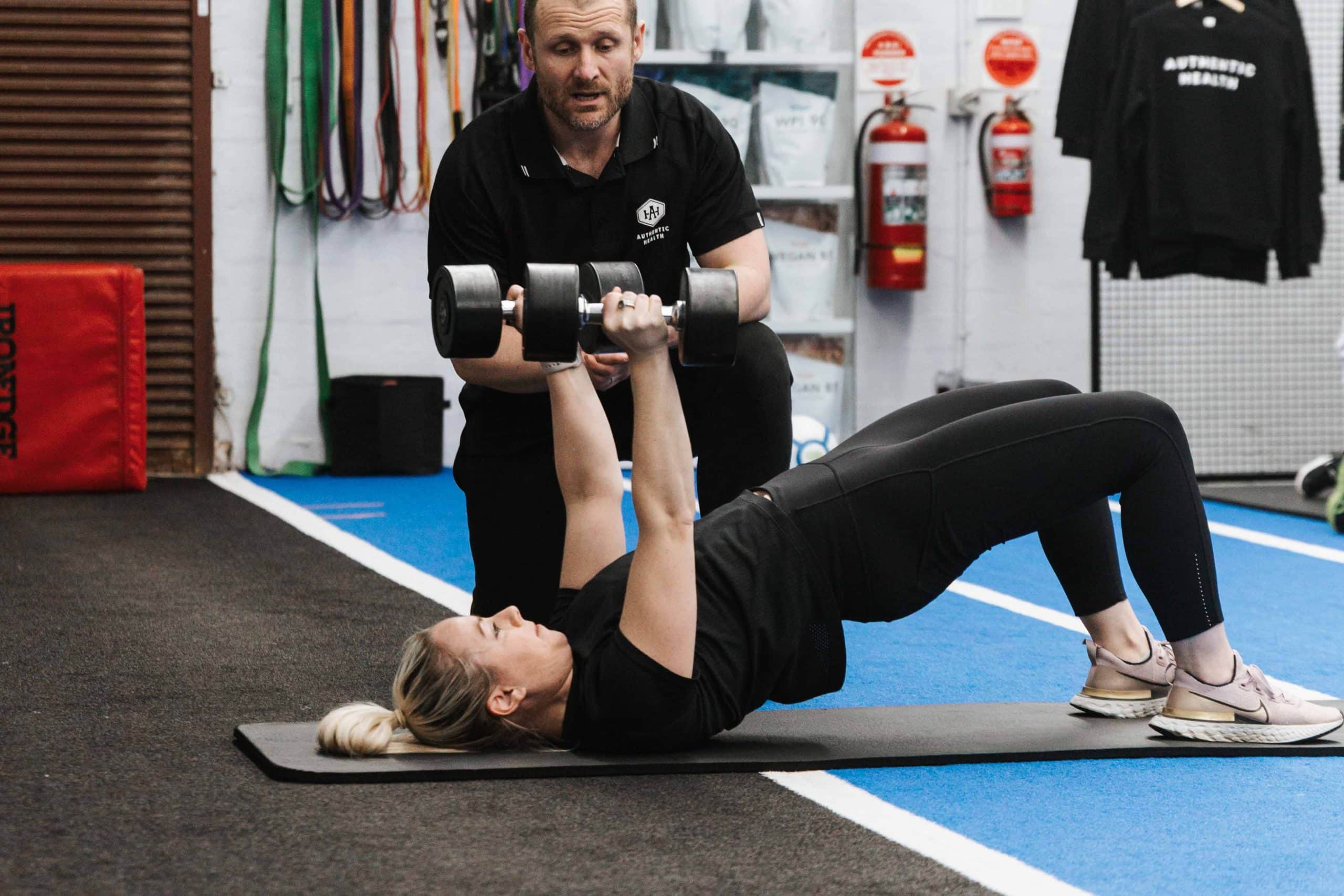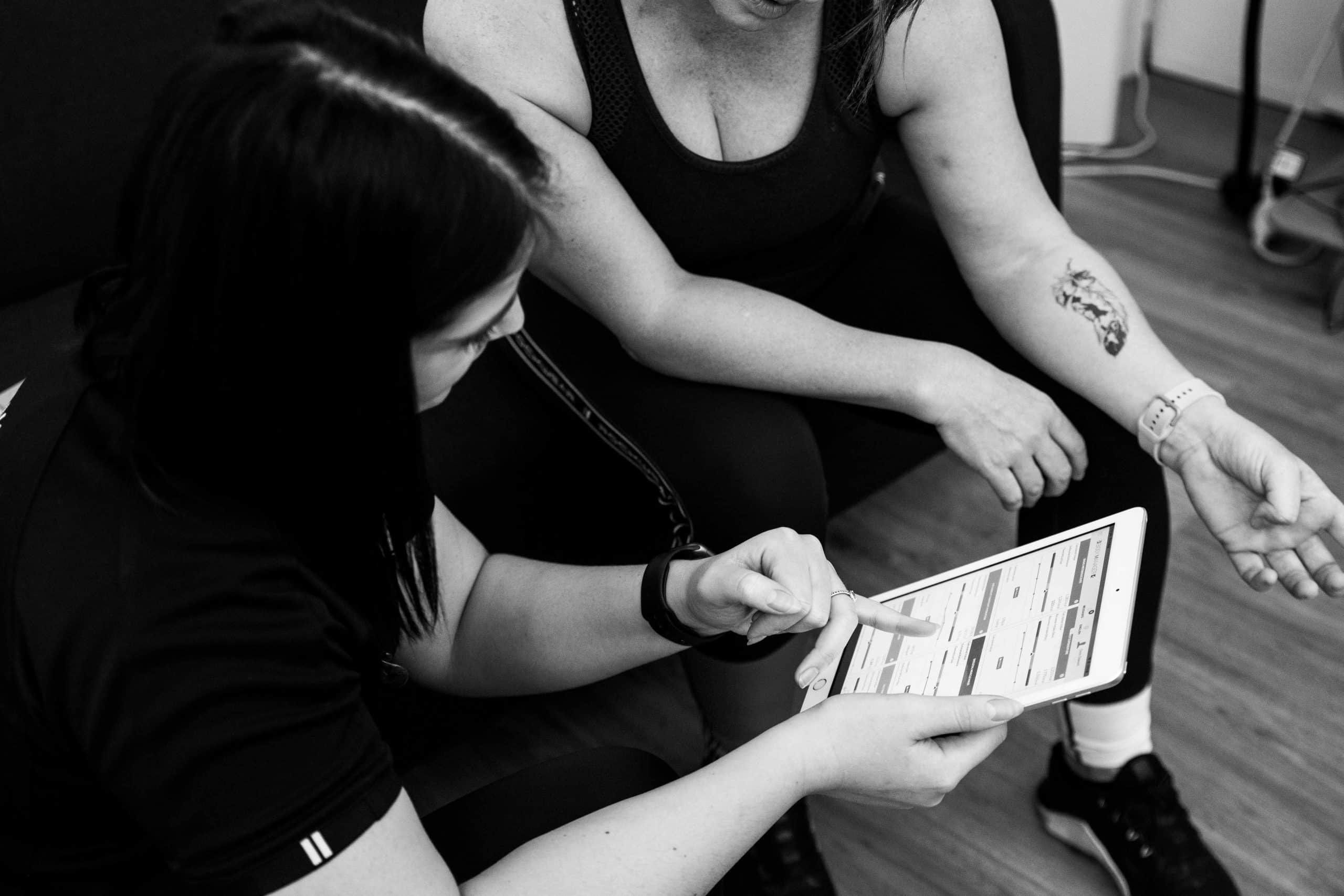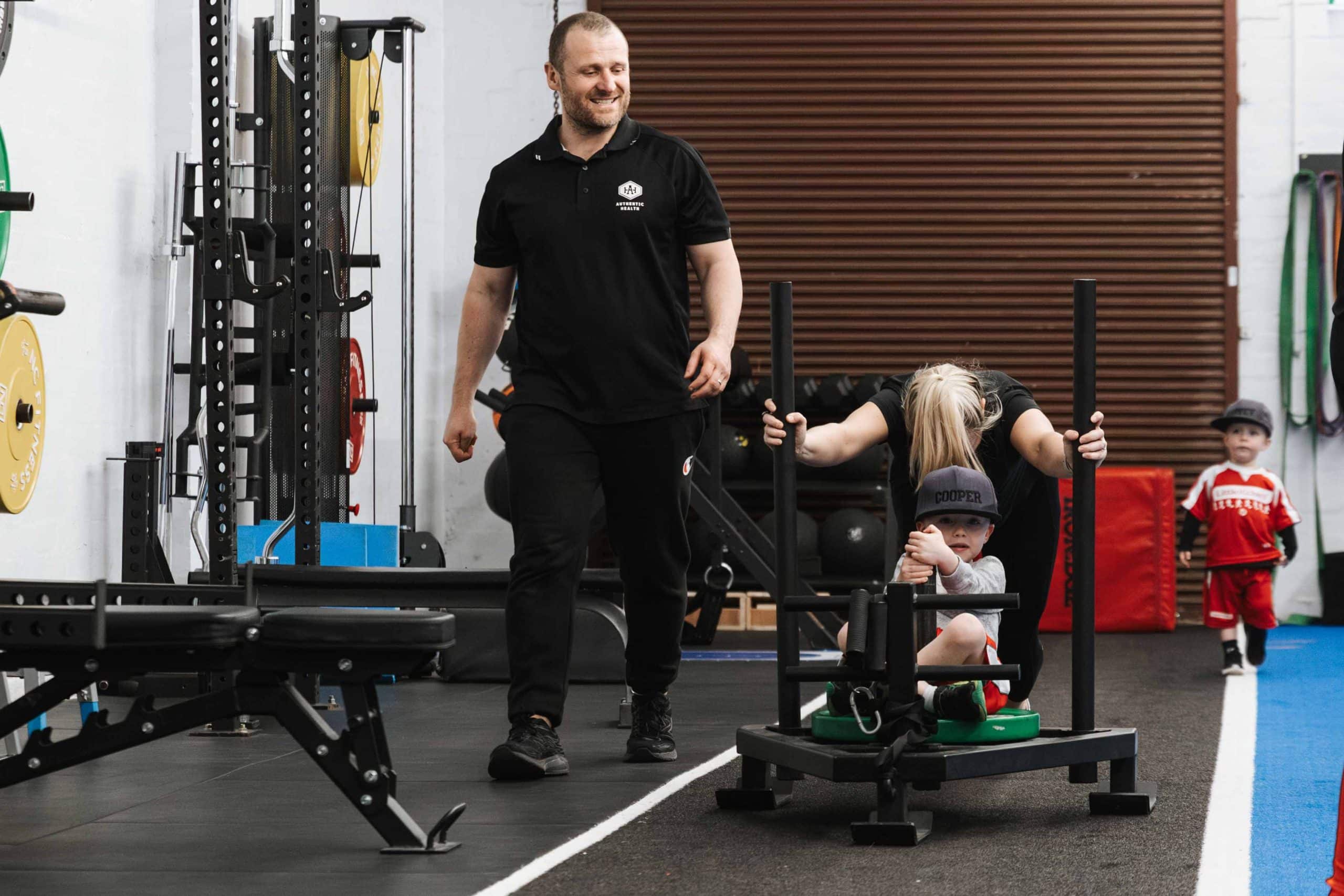When you look across the web, every business has an opinion of what the best diet is – it’s a topic even the most qualified cannot seem to agree upon. Should you eat high fat or high carb? Is protein dangerous or not dangerous? How much protein is optimal? Are animal products great for our health or detrimental? Are there weight loss foods? In order to form an educated opinion on all of the information, you really need a solid understanding of nutrition.
The truth is extremes are really good for marketing and selling a product or service, but where we have found the best outcomes in terms of overall health, practicality, and sustainability the pendulum sits somewhere in the middle. It’s not low carb, it’s not high fat its eating intuitively from a good nutritional source and utilising small tricks in order to be best prepared. You don’t need to avoid potatoes or avocado as they both have valuable micronutrients required for optimal health and for most people they’re delicious. When it comes to just about every vegetable, fruit, nut and seed it really does come down to balance.
Many people also ask us questions about meat – Should I eat it? Is it bad for me? My opinion is based on the reading I have done, and the experiences I have had from eating vegan, vegetarian, and pescatarian. I don’t get involved in the arguments about whether we are supposed to eat meat and my honest opinion when it comes to the meat industry is that we could be eating much less, and we should be treating these animals better than we do. In my experience with my own body, eating small portions of lean, wild and grass feed meat has helped with my health and the health of many of my clients. The problems often start to occur health wise with meats when they are raised on poor nutritional diets, pumped full of antibiotics and hormones, and not raised in natural environments.
If we want to gain weight/muscle I generally advise clients to do the above and aim for a calorie surplus. If we want to lose weight, you should do the above and aim for a calorie deficient. Sure there are extra small things we can do but for the everyday athlete and general population client following a deficient or surplus diet comes before any form of supplementation to get lean as without it, the supplements will not help.
3 NUTRITION TIPS AND TRICKS
1. If you’re someone who struggles with self-control and you somehow end up with things in your trolley that don’t support your goals, do 90% of your shopping on the outer isles, as the inner isles are usually the ones that are not going to support your goals. Foods like fresh fruit and veg, nuts, meats etc can all be found on the outer isles. Occasionally duck in to the isle for things like tuna, and canned veg but largely avoid walking up and down isles.
What doesn’t make it to the cupboard, often doesn’t make it to the mouth
2. This tip is for those that end up with foods in their house and 80% of the time are good but every so often find themselves eating the wrong thing. Either design your own poster or get a little whiteboard for your fridge and pantry that reminds you of your goals. We often make poor choices through lack of awareness when we are stressed and rushed and a small sign helps massively. I have used the quote below with success.
‘GOOD choices equal GREAT results, stay FOCUSED’
3. It’s no secret that as a whole society we are busier than we have ever been before. The last thing we want to do is spend over an hour in the kitchen after a hard day. Many people can’t afford a food company or personal chef (I can dream though) so to save time try cutting and storing your veg and meat already cut and prepped 3-4 days in advance, this saves massive amounts of time meaning all you have to do when you get home is cook your produce.
‘By failing to prepare, you’re preparing to fail’ – Benjamin Franklin
